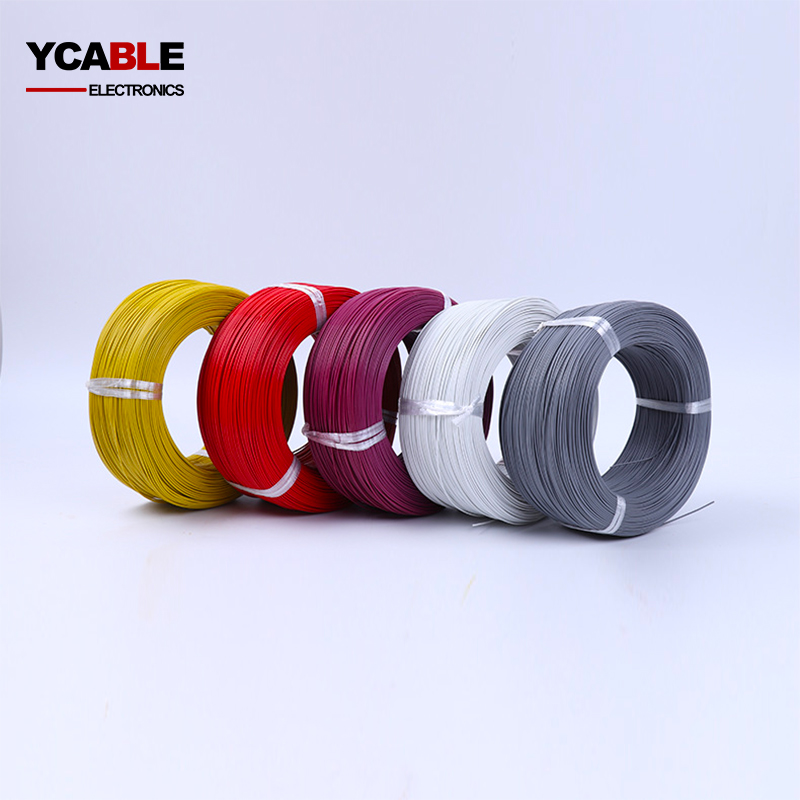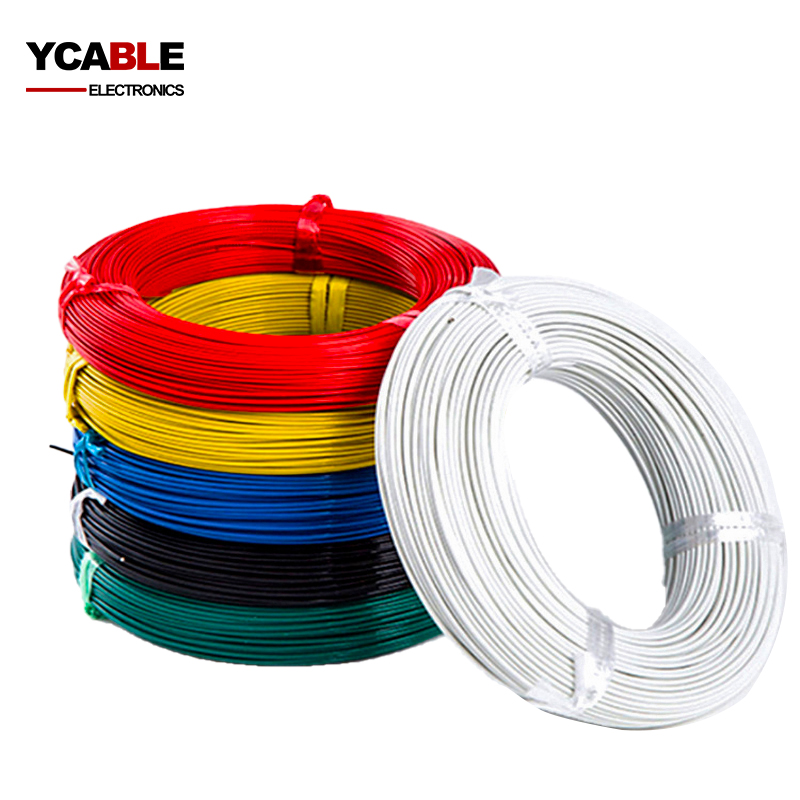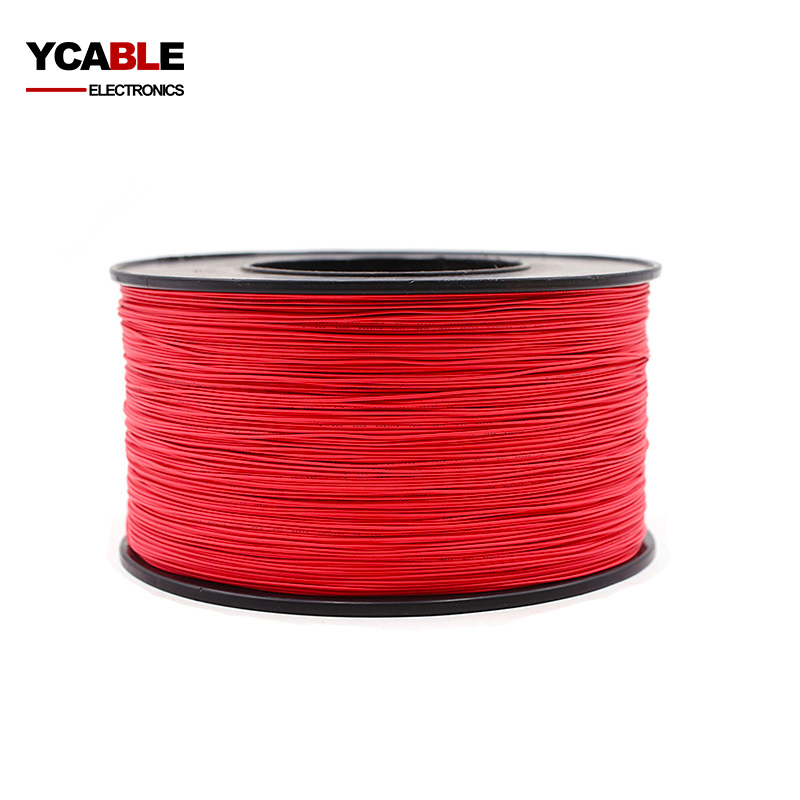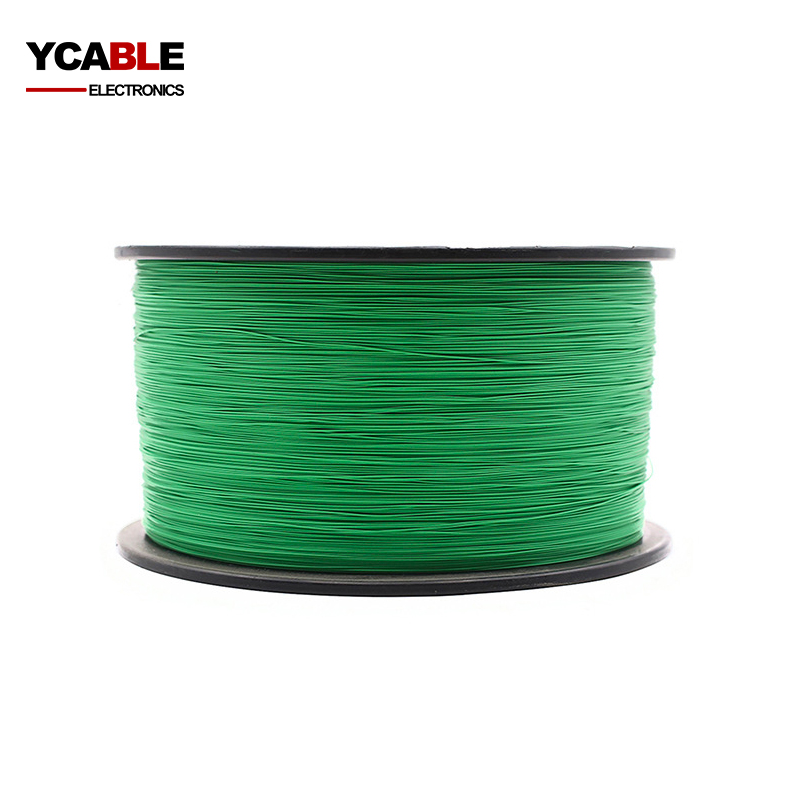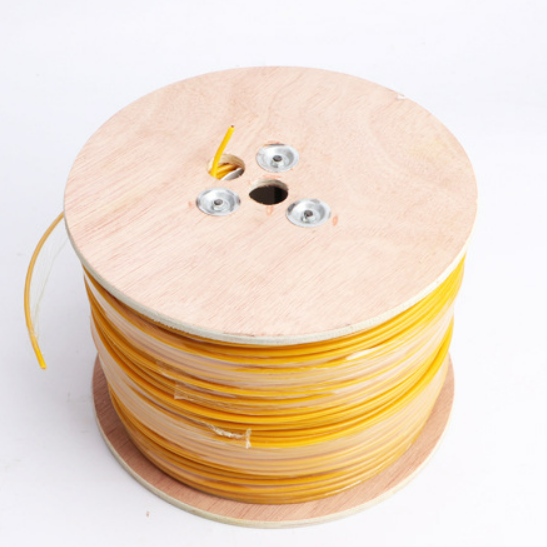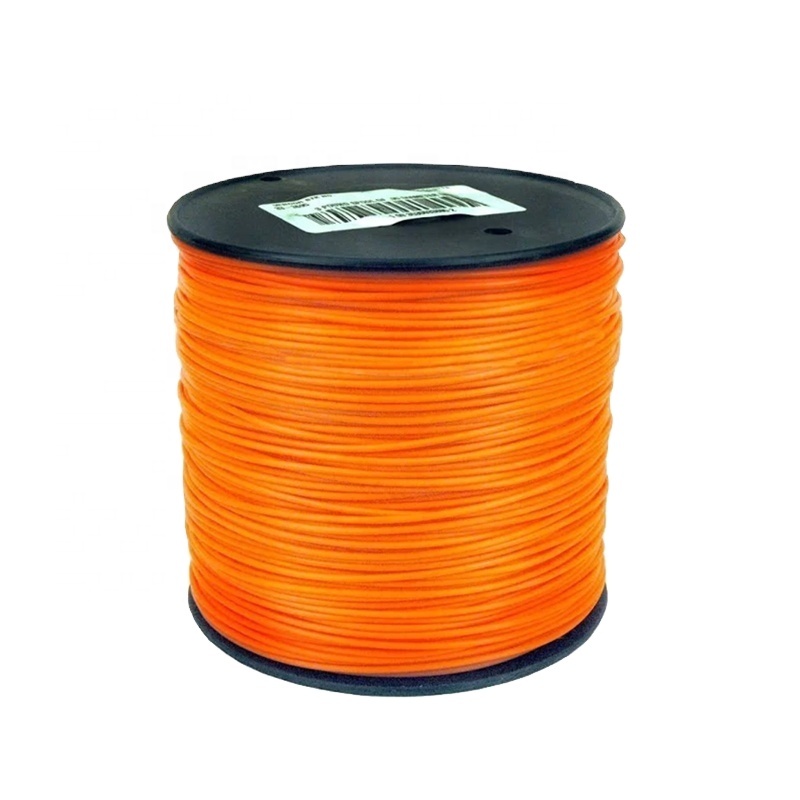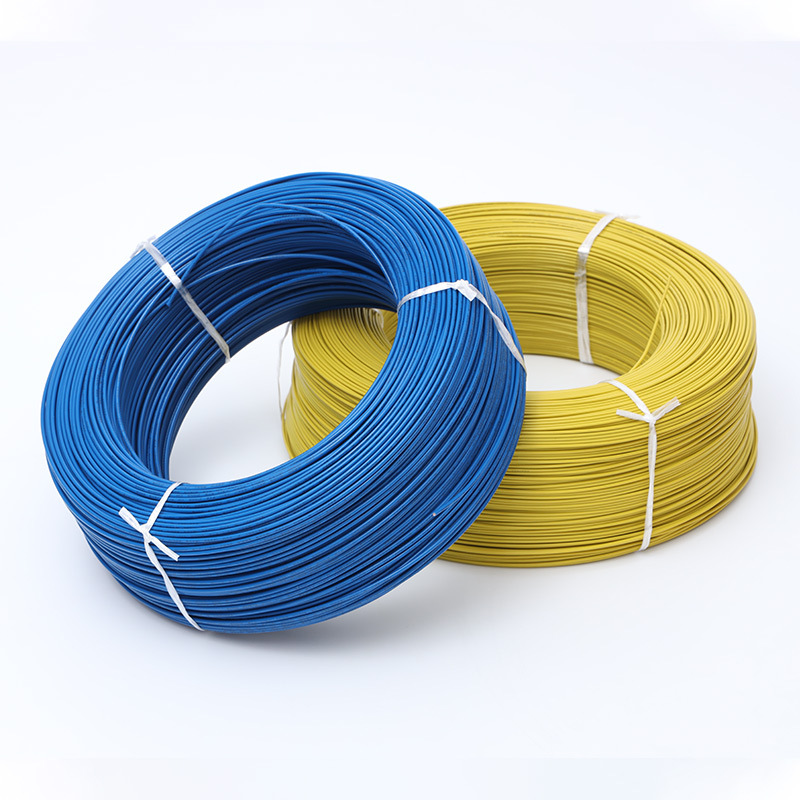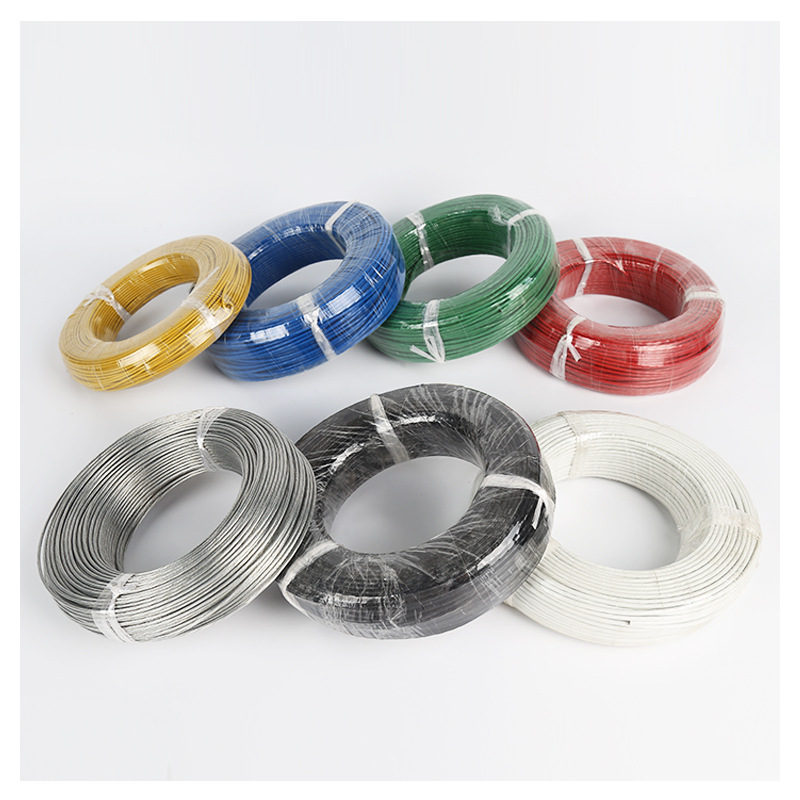Teflon Hook Up Wire
Teflon Hook Up Wire
Item Number:Teflon Hook Up Wire
- Model: Teflon Hook Up Wire
- Size: 0AWG - 36AWG
- Color: White/Blue/Black/Gray/Custom
- Insulation: PFE, PFA, ETFE, PTFE, MFA
- Shield: None
- Jacket: None
- Packing: 305M(1000FT)/610M/1000M/Custom
- OD: Custom
- Conductor Material: Bare Copper, tinned copper, silver plated copper
- Drain wire: None
Environmental Specifications:
Environmental Space – Non-plenum
Flame Test Method – CMR
Installation Temperature – 0 °C to +260 °C (+32 °F to +140 °F)
Operating Temperature – -20 °C to +260 °C (-4 °F to +140 °F)
Temperature Rating – 150 °C to 260 °C
General Specifications:
Cable Type
Teflon hook up wire
Conductor, quantity
1
Cable Component Type
FEP, PTFE, ETFE, PFA
Conductor Gauge, singles
12GA-36GA
Conductor Type, singles
Solid/Stranded
Characteristics:
- High temperature resistance, up to 250 degrees
- Oil resistant
- Acid and alkali resistant
- Very thin in diameter
Teflon Hook Up Wire incorporates premier substances. Teflon's renowned thermal characteristics empower these cables to endure elevated temperatures beyond conventional hook-up wires. Appropriate for miniature cable endeavors and internal wiring-soldering tasks where insulation degradation poses a risk, these wires with Teflon insulation excel in resisting oil, oxidation, heat, sunlight, and flame, maintaining flexibility under cold conditions. Moreover, Teflon Hook Up Wires demonstrate outstanding resilience against ozone, water, alcohol, gasoline, acids, bases, aromatic hydrocarbons, and solvents
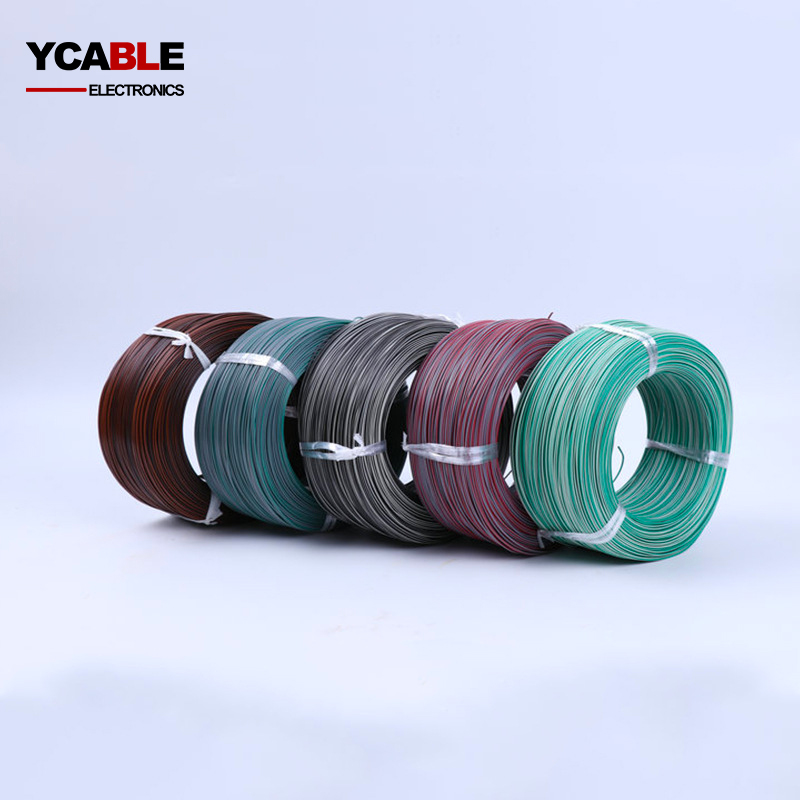

Categories
Teflon Hook Up Wire
| Electrical Specifications | |
| ITEM | Teflon Hook Up Wire |
| Conductor Material | Copper, Tinned Copper, Nickel plated copper, silver coated copper |
| Insulation | FEP,PTFE,ETFE,PFA |
| Size | 12AWG-36AWG |
| Thickness | Custom |
| Operating Voltage, maximum | 1000V |
| Transmission Standards | UL/VDE |
| Dielectric Strength, minimum | 1500 Vac 2500 Vdc |
Description
What is Teflon hook up wire?
Teflon Hook Up Wire prides itself on using only the finest quality materials, with Teflon celebrated for its exceptional heat resistance capabilities that empower these wires to handle temperatures far exceeding those of standard hook-up wires.
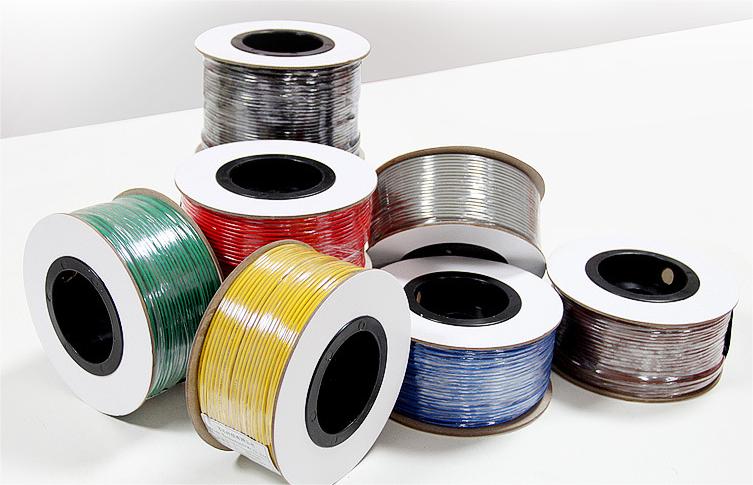
Within this specialized category, we encounter four primary Teflon hook up wire types: PTFE hook up wire, FEP hook up wire, PFA hook up wire, and ETFE hook up wire.
PTFE wire, characterized by its single-conductor design and polytetrafluoroethylene insulation, is celebrated for its robustness, resistance to aging, immunity to abrasion, and resilience against adverse weather conditions, all the while offering superb resistance to high temperatures.
PFA insulated stranded wire expands the possibilities with its extensive temperature tolerance and formidable defense against chemical aggressors at 375 V. This wire is highly recommended for applications involving high-frequency and wide-bandwidth operations, including coaxial and microwave systems, necessitating rapid and accurate transmission of information. It finds its place in sectors such as the chemical industry, furnace construction, brick manufacturing, and the production of heating appliances.
FEP hook up wire, This FEP insulated hook-up wire withstands severe temperature fluctuations, chemical solvents, compression, and continuous bending, rendering it perfect for a multitude of uses.
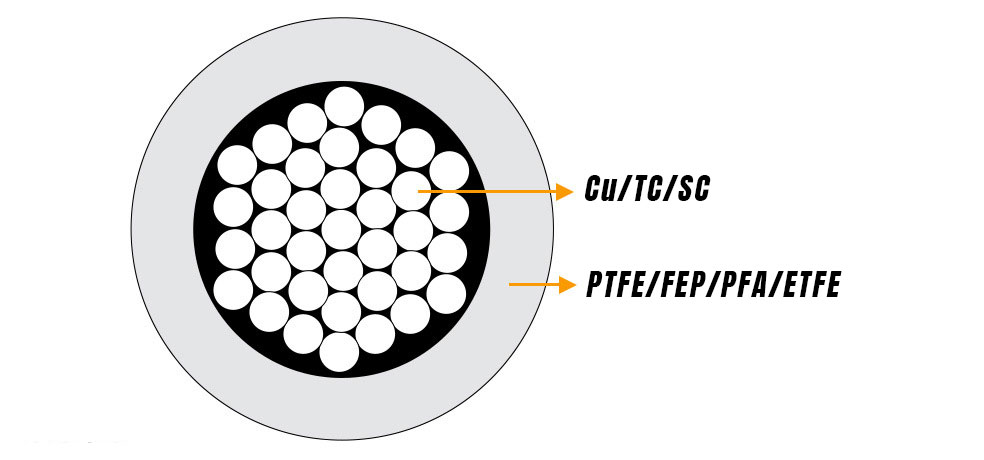
Common Teflon hook up wire types
FEP high temperature hook up wire
| UL1330 | UL1331 | UL1332 | UL1333 | UL171 |
| UL1591 | UL1592 | UL1723 | UL1886 | UL1887 |
| UL10064 | UL10518 | UL10588 |
PFA high temperature hook up wire
| UL10362 | UL1710 | UL1726 | UL1859 | UL1882 |
| UL1911 | UL1929 |
PTFE high temperature hook up wire
| UL1180 | UL1199 | UL1213 | UL1570 | UL1584 |
| UL1815 | UL10393 | UL10344 | UL1659 |
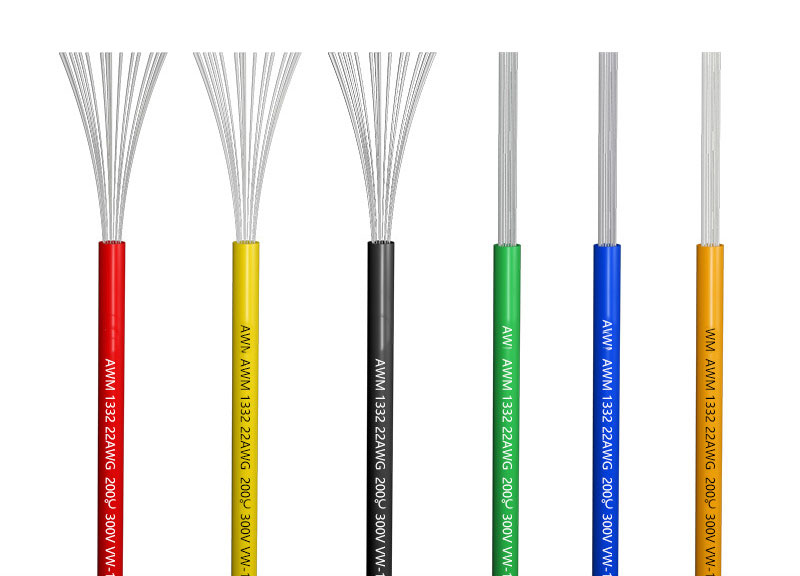
Difference Between PVC and Teflon Hook Up Wire
The biggest difference is the temperature resistance. PVC material can reach a maximum temperature of 105C after modification, but the maximum temperature resistance of teflon material can reach 260C, so we need to choose the appropriate hook up wire based on our environment and usage requirements.
From the appearance point of view, the difference between them is the size and thickness. Due to the particularity of the material, the thickness of PVC is generally greater than 0.25mm, but the Teflon material is different. Its thickness can be made very small, as small as 0.1mm, so when our hook up wire needs to have specific perforation requirements, we must choose carefully to avoid the wire diameter being too large to be able to penetrate.
Comparing prices, the price of teflon hook up wire is much higher than that of PVC.

